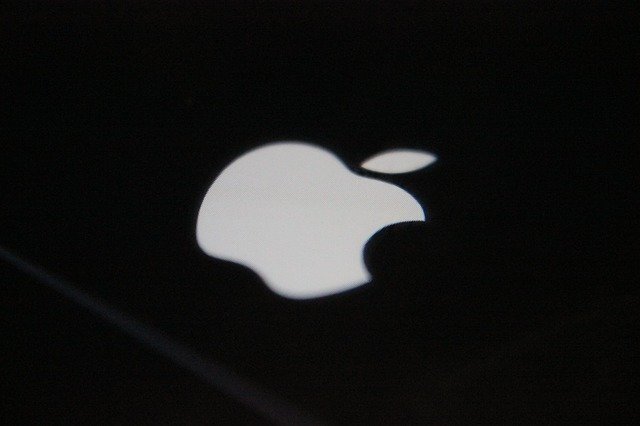Ten U.S. states, led by Texas, filed a digital advertising monopoly lawsuit against search giant Google in Texas District Court on the 16th local time, setting off a new wave of antitrust against American technology giants.
The Wall Street Journal reported on the 17th that the lawsuit pointed out that in 2017, Google found that Facebook posed a challenge to its dominant position in online advertising, and then reached an agreement with Facebook to promote the other party to reduce its competitive challenges to Google by providing special discounts on online advertising.
The Texas Attorney General pointed out that Google’s move was an abuse of its monopoly position, and the agreement that induced Facebook executives to reach undermined the core of business competition.
Facebook did not comment on the lawsuit, while Google denied that it had anti-competitive behavior.
Earlier, the U.S. Department of Justice has joined 11 states to file an antitrust lawsuit against Google in October this year, accusing Google of illegally using its market power to suppress competitors and maintain an illegal monopoly in the field of Internet search and search advertising. Earlier this month, the U.S. Federal Trade Commission joined forces with more than 40 states to file a lawsuit against Facebook, accusing Facebook of abusing its dominant position in social networks to take anti-competitive acquisitions against potential competitors.
The Wall Street Journal reported that the lawsuit initiated by Texas in 10 states in the United States has opened a new battlefield in the turmoil of Google and Facebook monopoly litigation, and the new lawsuit reveals details of monopoly behavior that were not previously disclosed in the U.S. Department of Justice’s lawsuit against Google.
In the face of the government’s antitrust lawsuit, American technology giants have also begun to oppose each other’s monopoly behavior. Facebook released full-page advertisements in the New York Times, Washington Post and Wall Street Journal on the 16th local time to launch a public relations war against Apple.
Early next year, Apple will launch an iOS 14 update, when all apps will prompt users to choose whether to refuse to accept targeted advertising. Facebook pointed out that Apple’s move is an abuse of its monopoly position, which will make it difficult for Facebook to collect user data and publish personalized advertisements, which will lead to many people who rely on personalized advertising. The interests of small and medium-sized enterprises are damaged.



